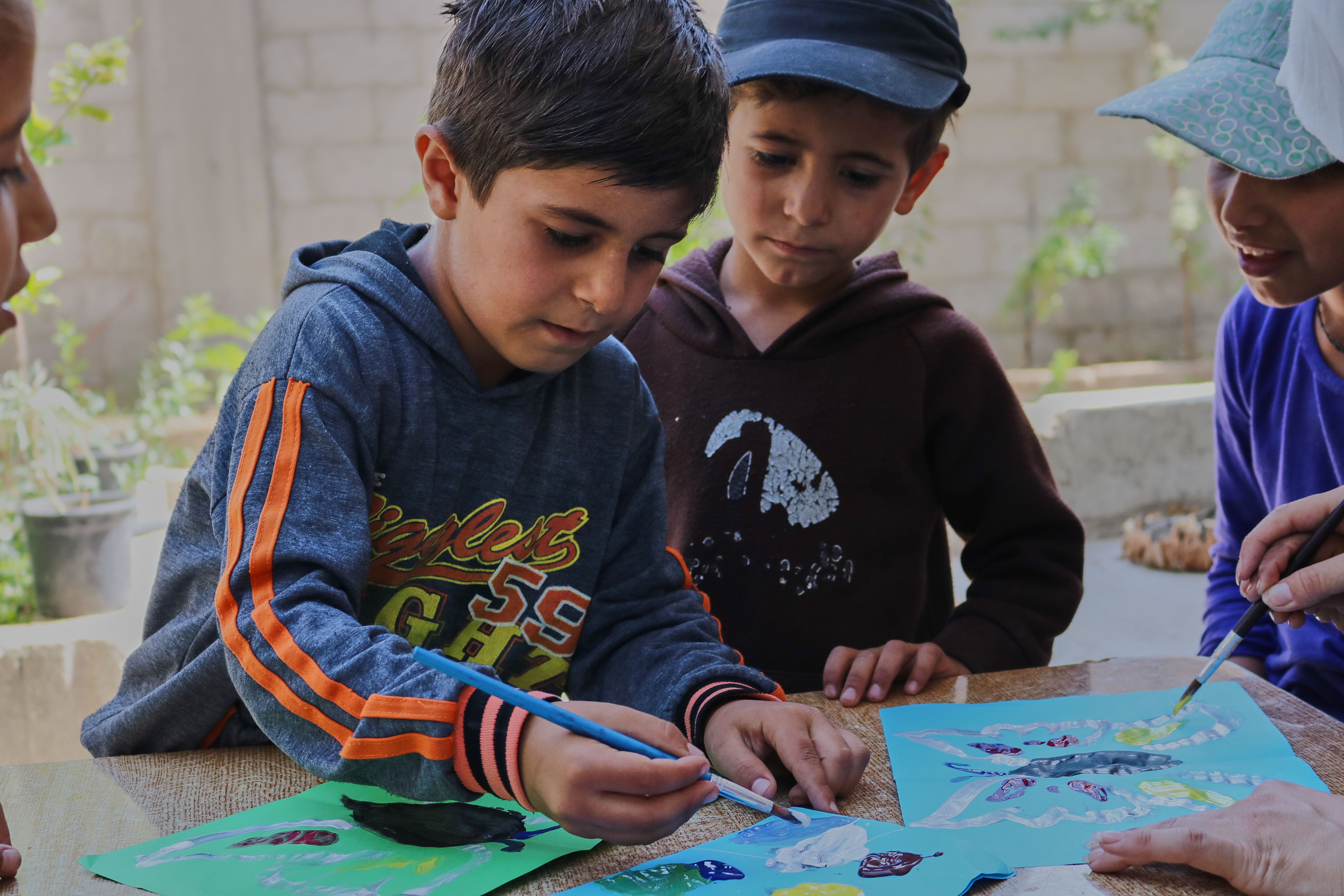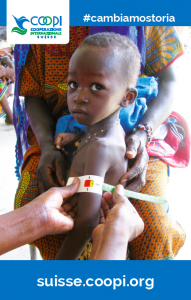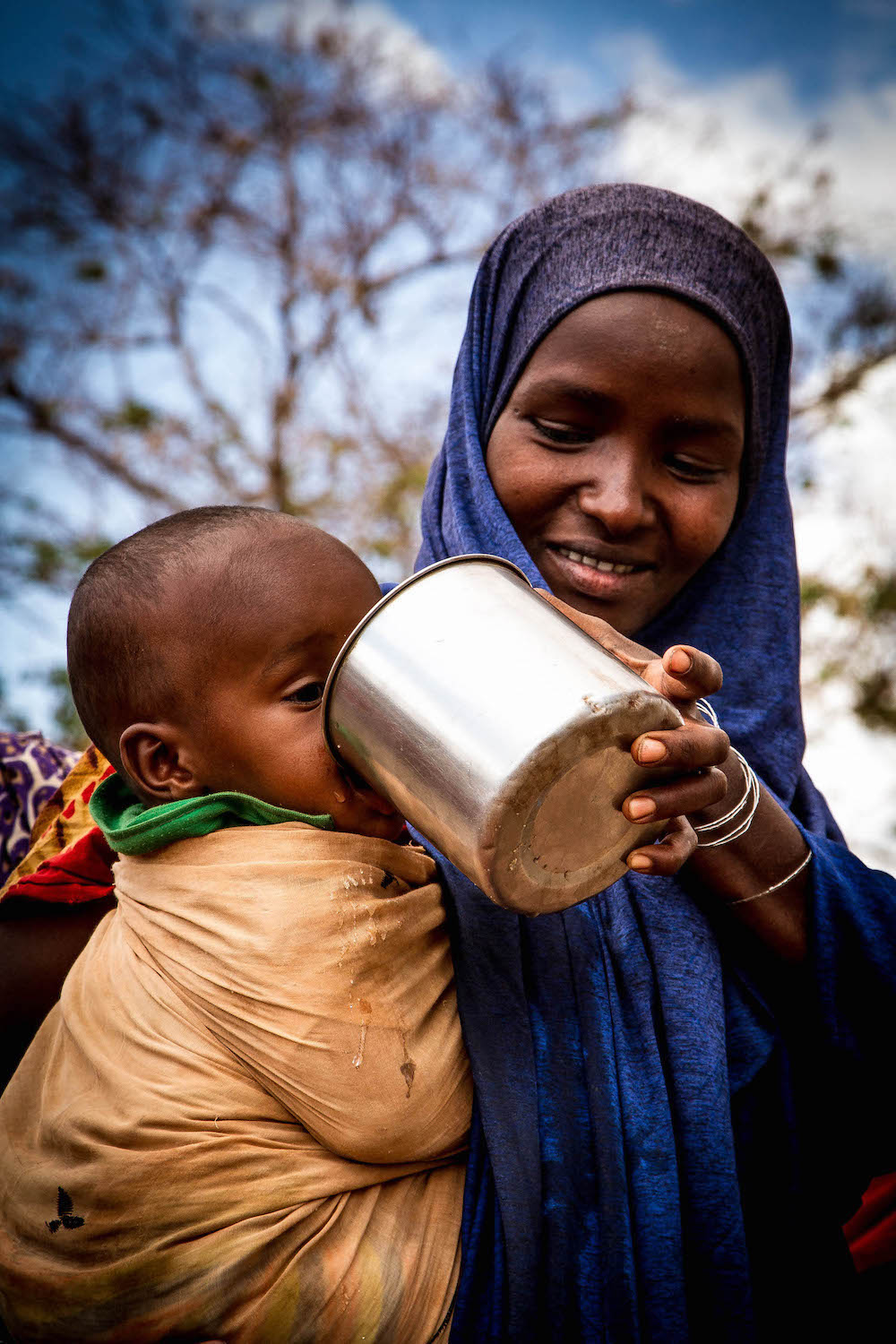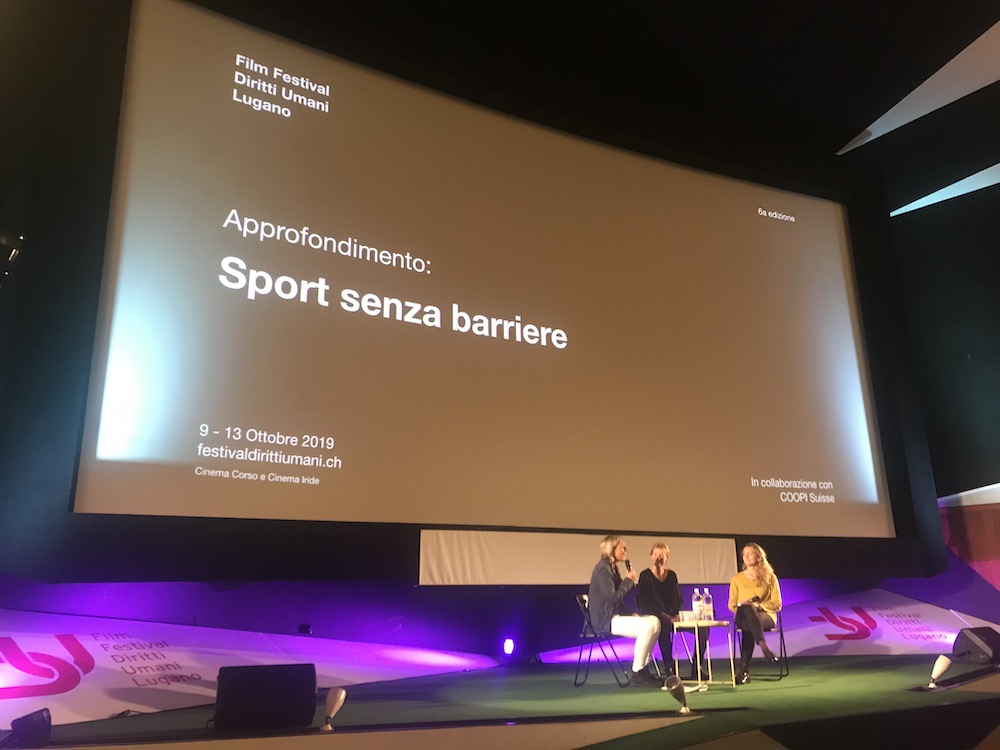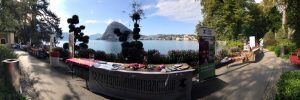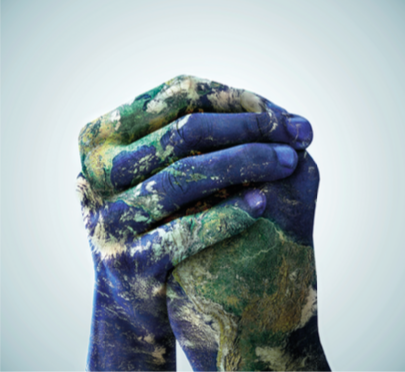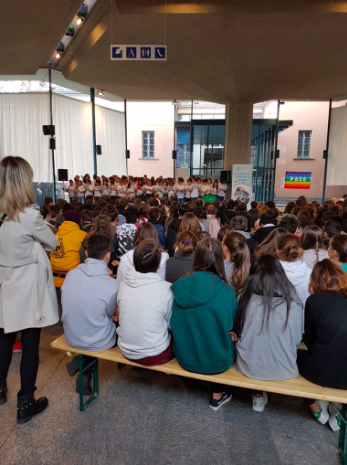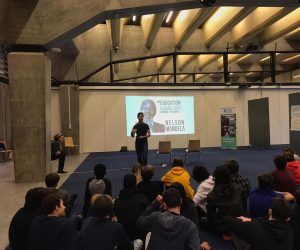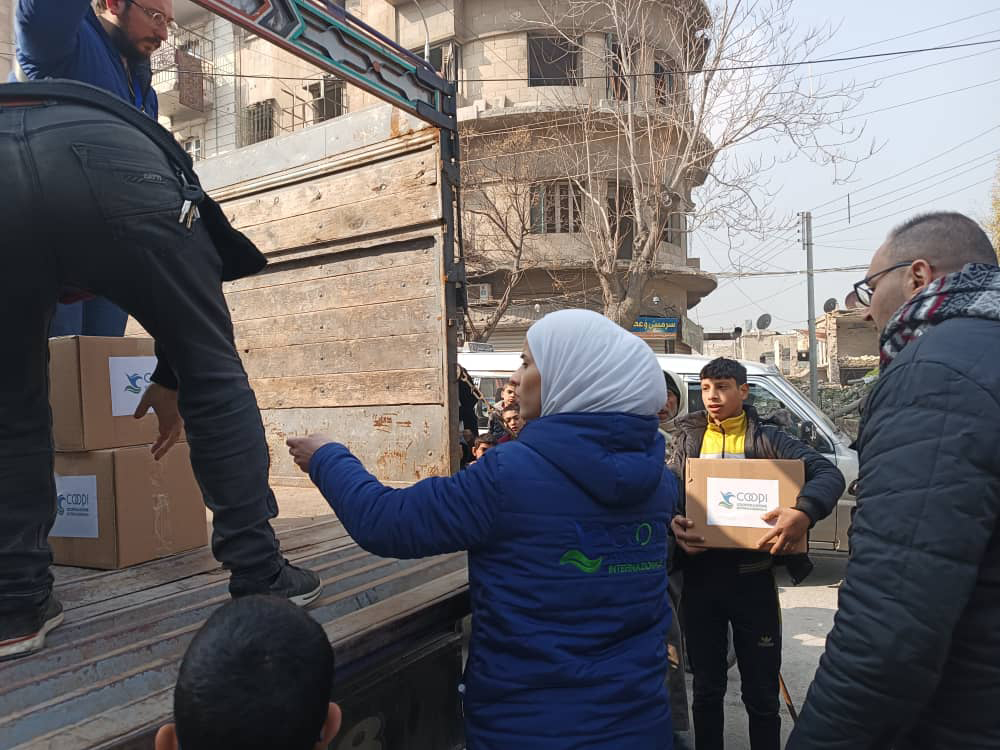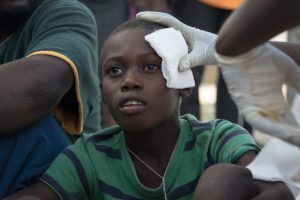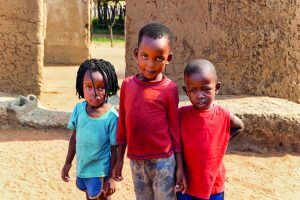The prolonged and significant economic contraction, political polarization, chronic inflation with episodes of hyperinflation, the COVID-19 pandemic and situations of localized violence continue to be the main generators of humanitarian needs in Venezuela. At the heart of these needs are women in a vulnerable situation in particular. Limited access to economic opportunities and services, the impact of the COVID-19 pandemic and changes in family composition due to human mobility have in fact created a situation of high vulnerability and increased violence, with around 1.9 million people who have protection needs, as victims or subjects at risk of gender-based violence (HRP 2022). Women, children and adolescents are the people most affected by the situation of GBV, severely affecting their lives and well-being, both physical and psychological, due to the multidimensional forms of GBV. Domestic violence, sexual violence, and trafficking for the purpose of sexual exploitation and slavery are among the rights violations faced by women and adolescents in the country. The political, economic and institutional crisis that Venezuela is going through is evidently also reflected at the local level. In the local communities identified and involved in the project (Coche, El Valle, Altagracia, San Agustín, Antímano, Sucre) there are conditions of high socio-economic vulnerability, with difficulties and risks related to the management of solid waste that accumulates in public areas for the almost total lack of access to the waste collection service, which depends on the local government. Therefore, the project aims on the one hand to respond to the serious socio-economic situation linked to the deep and multidimensional crisis that the country is going through and, on the other hand, promotes alternative and sustainable sources of income for women in vulnerable and at risk situations through the disposal and the innovative use of waste, while generating a favorable impact on the health of the population. The proposed action therefore aims to improve the living conditions and resilience of the Venezuelan population by promoting the participation of citizens at community level and the rehabilitation of services, thus satisfying the need to activate a basic service that leads to the creation of a fair and appropriate local waste management system in 6 parishes of the El Libertador municipality (Distrito Capital, Gran Caracas). Through this initiative, alternative and innovative practices will be promoted and implemented for the sustainable livelihood of women in vulnerable situations, at risk and/or survivors of gender-based violence, guaranteeing them support and tools to prevent and mitigate the risks of violence.
Expected objectives:
The general objective is to contribute to the improvement of living conditions and the resilience of the Venezuelan population.
The specific objective is to define and create a participatory waste management system at the local level, promoting alternative and sustainable livelihoods for women in situations of vulnerability, risk and/or survivors of gender-based violence (GBV), in six parishes of the Distrito Capital (Gran Caracas) in Venezuela.
Result 1. Improve income generation opportunities for women by managing municipal solid waste at the local level.
A.1.1. Study and analysis of the socio-economic situation of women at risk, vulnerability, survivors of GBV and income opportunities in waste management and management. Currently there are no specific data available at a local level or even in the country on the subject and this study will allow us to analyze the potential in terms of income generation and its possible positive effects in relation to less exposure to situations of violence and vulnerability. A.1.2. Market study to identify and prioritize potential buyers for materials to be recycled. It will be fundamental for the definition of the value chain and the waste management model to be developed, identifying recyclable and reusable materials that have the greatest value and potential in terms of volume and cost to be placed on the market. A.1.3. Design, together with the women involved, a municipal solid waste management system that includes mechanisms for the identification, classification, separation and processes of transformation and marketing of solid waste in the local context. 60 women (organized through a Cooperative) from the 6 parishes of the intervention area will participate in defining the urban solid waste management model that will be implemented. This process will be carried out in a complementary way with the activity described in A.2.1., in which instead local public actors and civil society organizations will be involved. An analysis will be carried out identifying the critical points of the service provided and the possibilities for improvement. The quantity of waste produced, the illegal and informal landfills present in the area will be estimated, with the aim of mitigating the risks of contamination. A local waste management plan will therefore be constructed, which will guide the main actions to be undertaken, as well as the main public and private actors with whom to cooperate and forge alliances. A.1.4 Identify, set up and equip the waste collection, storage and classification centre. The location will be determined according to technical and logistical criteria, but also taking into account the needs of the women involved and the other actors who are part of the process. An existing space will be refurbished. A technical project will be drawn up for the operation and equipping of the waste collection and processing centre. An operating and functioning manual of the center will also be elaborated. A.1.5. Training days for the management of the cooperative formed by the women involved in the project, for the management and transformation of solid residues. The training (3 months) will have a theoretical/practical approach, a Business Plan will be developed which describes the creation, launch and consolidation of commercial operations oriented towards the sustainable management of the Cooperative. A.1.6. Days of technical training for the integral management of solid residues and for the appropriate use of the transformation machines installed in the collection and storage centre. the emphasis will be on the key concepts and management structure (collection and transport, storage, treatment, transformation and final disposal) and on environmental regulations. The training plan will be consistent with the Integrated Waste Management Plan (A.1.3 and A2.1).
Result 2. Strengthened the system of community participation in access and control of the urban cleaning and waste collection service managed by women in coordination with local authorities.
A.2.1. Define and implement a participatory system on municipal solid waste management with local actors. This interinstitutional and multisectoral articulation space includes both public entities (METRAS, Caracas City Hall), civil society entities such as community organizations, community councils, women’s organizations and other organizations present in the area that have an interest in the matter. Guided tours will be carried out to identify the waste collection routes and identify the problems for the management of the service. Periodic meetings are planned to adapt the service to the needs of the communities and to promote exercises of responsibility. A2.2. Training workshops on feminist care and economics, dialogue tools and conflict management for members and leaders of community organizations, women and men of the beneficiary areas. The women, previously trained in the context of other interventions carried out by COOPI Venezuela and TV, will repeat the activities to the people of the communities of interest. Through this training cycle we intend to provide participants with knowledge on how to use dialogue tools and manage conflicts at community and family level. A.2.3. Community and Internet communication campaigns on environmental issues, waste management and women’s economic autonomy, with the aim of sensitizing the local population to mitigate the environmental and health risks associated with the current conditions of waste management and to promote the right of women to their own economic independence. The awareness campaigns will be developed through: radio messages; production and dissemination of educational materials (leaflets, signs, placards, posters, etc.) to be distributed in schools and other public areas; social media.
The direct beneficiaries:
60 women (18+ years) in situations of educational, social and work exclusion, at risk, victims and survivors of Gender Violence (GBV), residing in the 6 parishes of interest to the project.
150 people from 30 community organizations, 20 municipal officials and 200 people from the parishes included in the intervention area. This group of beneficiaries will develop greater awareness of environmental education and the circular economy for land management, through social dialogue with local authorities and waste management as an alternative for generating income and employment in the intervention areas.
6 grassroots community organizations (300 people) will have a key role in community organisation, especially in supporting the identification of beneficiaries, training, creation of a collection route and a waste management centre.
2,000 people involved in community awareness campaigns.
Indirect beneficiaries:
Population of the 6 parishes involved in the project (total 671,965). In addition, an additional 30,000 people will be reached indirectly through community awareness activities and campaigns.
Local partners:
COOPI VENEZUELA
Asociación Civil Tinta Violeta
Cost:CHF 151,320
Duration:14 months (from November 2022 to December 2023)






